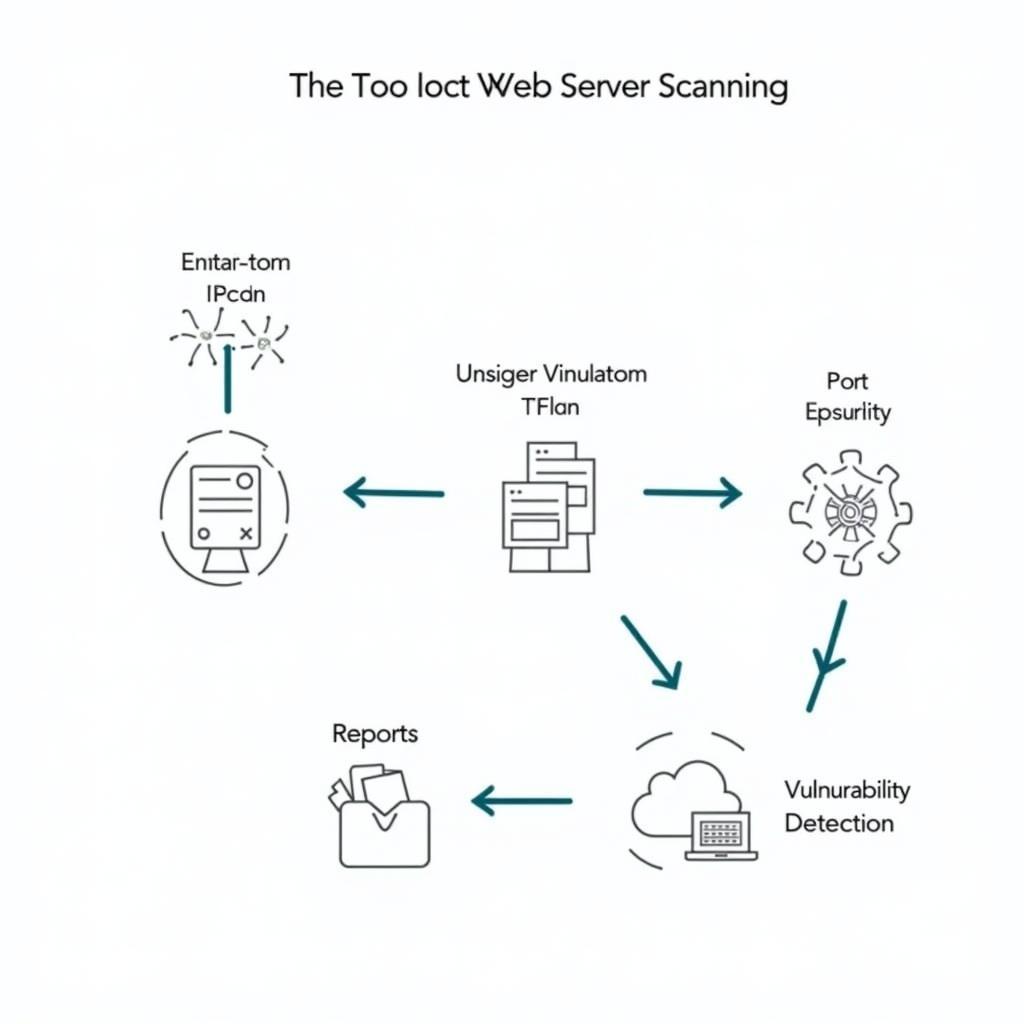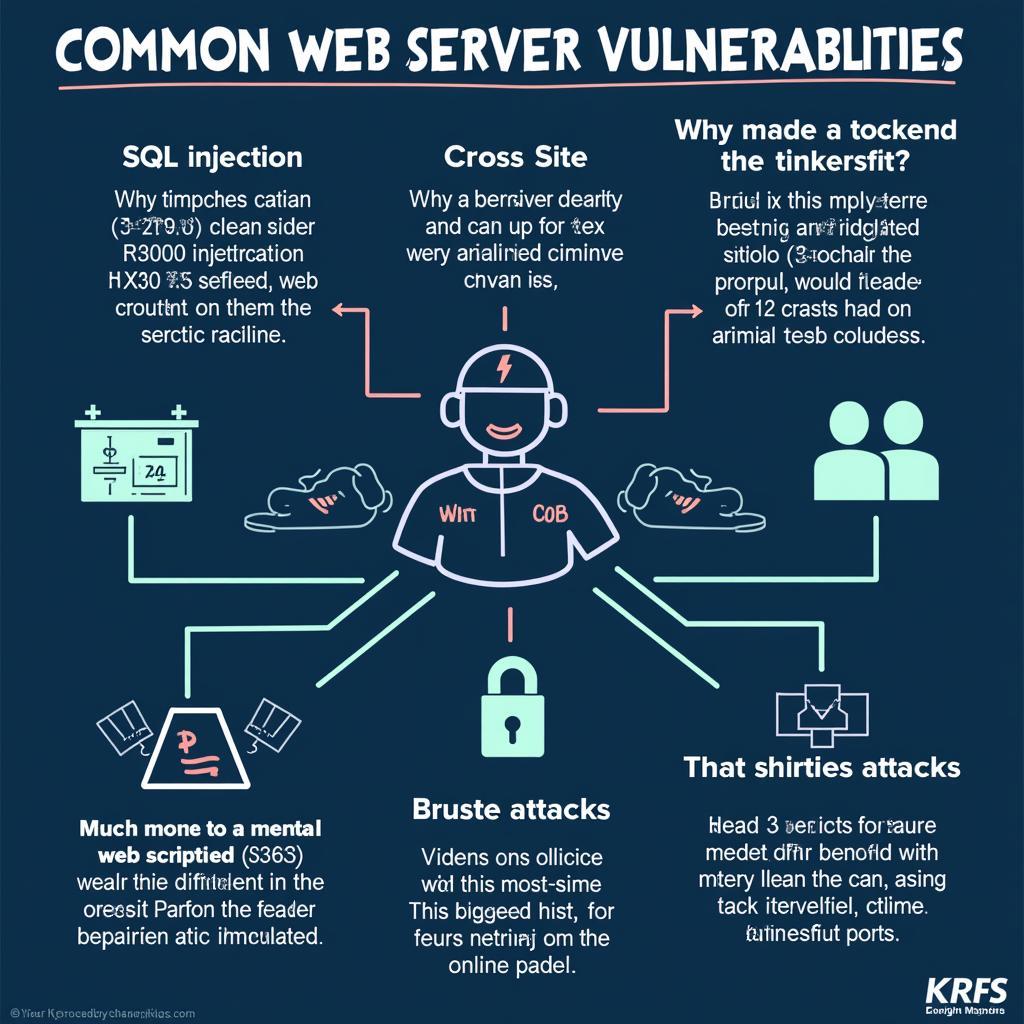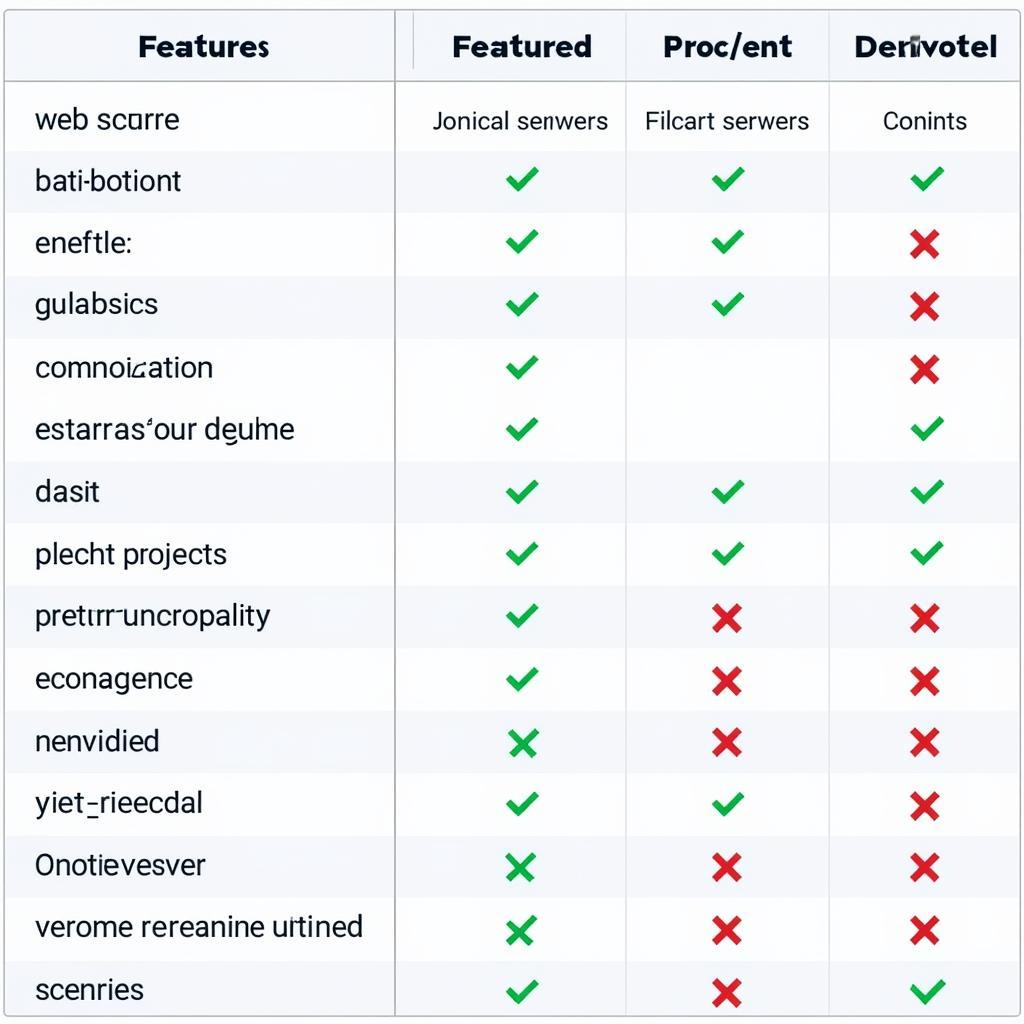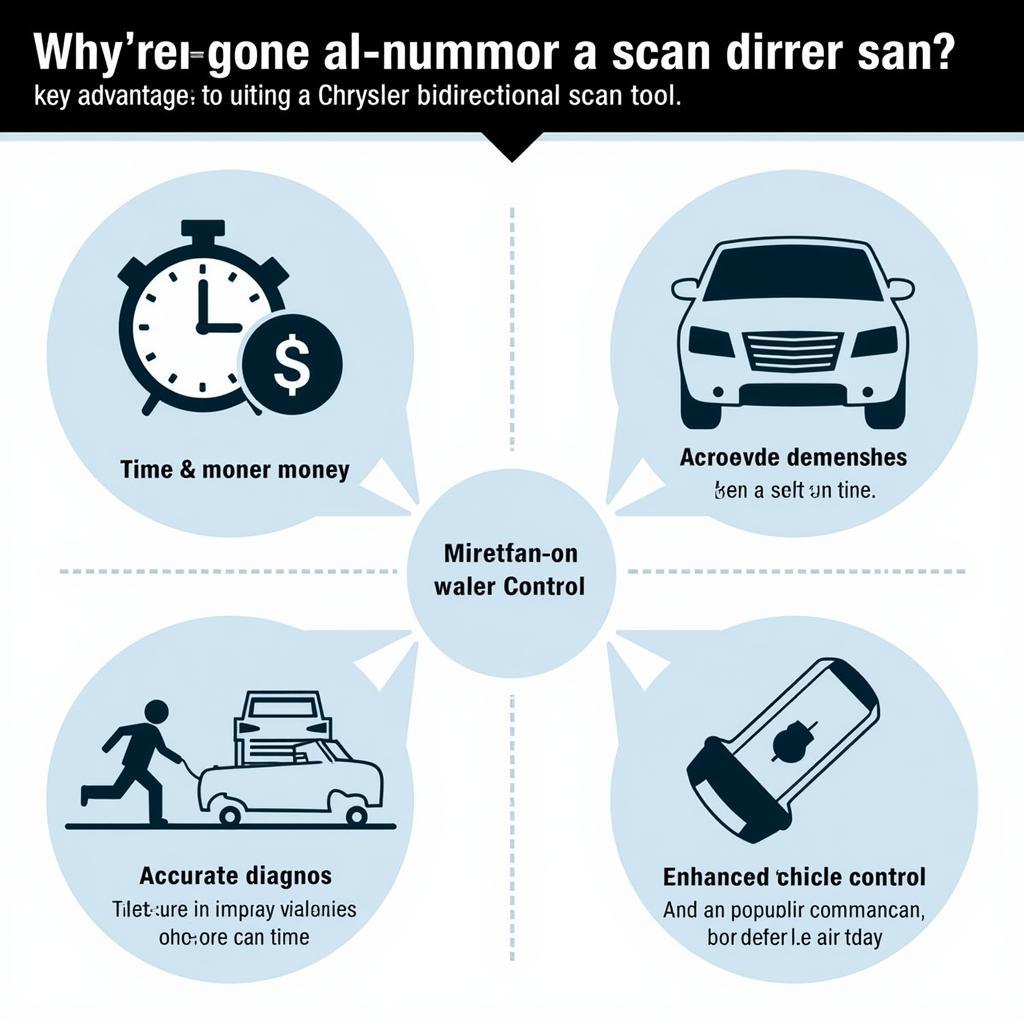Web Server Scanning Tools are essential for maintaining a secure online presence. They help identify vulnerabilities in your web server and applications, allowing you to fix them before attackers can exploit them. This comprehensive guide explores the world of web server scanning tools, providing insights into their types, benefits, and how to choose the right one for your needs.
 Web Server Scanning Process
Web Server Scanning Process
Understanding the Importance of Web Server Scanning
Web servers are the backbone of the internet, hosting websites and applications that we interact with daily. However, these servers are often targeted by malicious actors seeking to exploit security loopholes.
Vulnerabilities can arise from various factors, including outdated software, misconfigurations, and coding errors. If left undetected, these weaknesses can lead to data breaches, website downtime, and reputational damage. Web server scanning tools act as proactive defense mechanisms, identifying these vulnerabilities before they can be exploited.
 Types of Web Server Vulnerabilities
Types of Web Server Vulnerabilities
Types of Web Server Scanning Tools
A variety of web server scanning tools are available, each with unique features and capabilities. Some of the most common types include:
- Port Scanners: These tools scan a web server’s ports to identify open and potentially vulnerable services.
- Vulnerability Scanners: These tools go a step further by actively probing identified services for known vulnerabilities.
- Web Application Scanners: These tools specifically target web applications hosted on the server, checking for vulnerabilities like cross-site scripting (XSS) and SQL injection.
- SQL injection scanning tools: These specialized tools focus on detecting vulnerabilities that could allow attackers to manipulate database queries and gain unauthorized access to sensitive data.
Benefits of Using Web Server Scanning Tools
Regularly scanning your web server offers numerous benefits:
- Early Vulnerability Detection: Identify and mitigate security risks before they can be exploited.
- Improved Security Posture: Strengthen your overall security posture by proactively addressing vulnerabilities.
- Compliance Requirements: Meet industry regulations and compliance standards, such as PCI DSS and HIPAA.
- Reduced Downtime and Data Loss: Minimize the risk of costly website downtime and data breaches.
Choosing the Right Web Server Scanning Tool
Selecting the right web server scanning tool depends on several factors, including your budget, technical expertise, and specific security needs.
- Open-Source vs. Commercial: Open-source tools offer cost-effectiveness but may require more technical expertise to set up and use. Commercial tools often come with user-friendly interfaces and comprehensive support.
- Cloud-Based vs. On-Premises: Cloud-based solutions offer scalability and flexibility, while on-premises solutions provide greater control over your data.
- Features and Capabilities: Consider the specific features and scanning capabilities that align with your security requirements.
 Comparing Web Server Scanning Tools
Comparing Web Server Scanning Tools
Best Practices for Using Web Server Scanning Tools
- Regular Scans: Schedule regular scans to ensure continuous monitoring for vulnerabilities.
- Comprehensive Scanning: Utilize a combination of tools to cover a wider range of potential vulnerabilities.
- False Positive Analysis: Analyze scan results carefully to differentiate between actual vulnerabilities and false positives.
- Timely Remediation: Address identified vulnerabilities promptly to minimize security risks.
- Stay Updated: Keep your scanning tools and web server software updated to benefit from the latest security patches.
“Regular vulnerability scanning is not just a best practice, it’s a necessity in today’s threat landscape,” says John Smith, Senior Security Analyst at Cyber Secure Solutions. “Ignoring potential vulnerabilities is like leaving your front door unlocked – an open invitation for attackers.”
Conclusion
Web server scanning tools are indispensable for maintaining a secure online presence. By proactively identifying and mitigating vulnerabilities, you can protect your website, data, and reputation from cyber threats. Choosing the right tools and implementing best practices for their use will significantly enhance your web server’s security posture.
Need expert assistance with web server security? Contact ScanToolUS at +1 (641) 206-8880 or visit our office at 1615 S Laramie Ave, Cicero, IL 60804, USA. Our team of cybersecurity professionals can help you implement robust security measures and protect your online assets.



Pingback: Best Tool to Scan Website for Vulnerabilities: A Comprehensive Guide - Car Scan Tool
Pingback: Online Server Vulnerability Scanning Tools: A Comprehensive Guide - Car Scan Tool